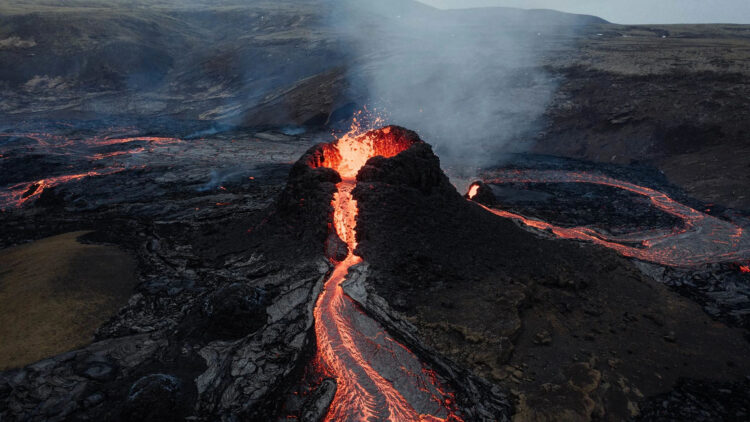In a bid for energy independence and sustainability, America is embarking on an ambitious project to tap into one of the world’s largest lithium deposits located in the McDermitt Caldera. With the U.S. government backing the initiative with substantial funding, this venture promises not only to drive the electric vehicle (EV) revolution but also to reshape the geopolitical landscape surrounding lithium resources. If all goes well, it could prove to be a game-changer in the global lithium supply chain.
The Thacker Pass project: Pioneering sustainable extraction
Recent discoveries indicate that the McDermit Caldera—a supervolcano straddling the Nevada-Oregon border—may house between 20 to 40 million metric tons of lithium. This impressive reserve positions it as potentially the largest lithium deposit in the world, eclipsing even Bolivia’s Salar de Uyuni.
The unique geology of the caldera, which was formed by a massive volcanic eruption 16 million years ago, has resulted in the formation of a rare clay mineral called illite, which boasts an exceptionally high lithium content. Estimates indicate that the lithium concentration could reach up to 2.4% by weight, making this not just a discovery but a revolution in lithium extraction methods.
Supported by a $2.26 billion conditional loan from the U.S. Department of Energy, Lithium Americas is spearheading the Thacker Pass project, which aims to commence lithium production in 2026. The project will utilize innovative extraction techniques that promise to reduce ecological disruption while maximizing resource recovery.
The first phase is expected to yield 40,000 metric tons of lithium carbonate annually, with ambitions to double that capacity. The goal is to support the production of batteries for up to 800,000 EVs per year.
The project has garnered considerable investment interest, with General Motors pledging $650 million contingent upon Lithium Americas securing full financing. This investment highlights the important need for domestic lithium production as global demand surges in tandem with the EV boom.
There are still economic and environmental challenges for the project to face
While the Thacker Pass project promises substantial economic benefits, including the creation of 1,800 construction jobs and 360 operational jobs, it has encountered opposition from environmental groups and local indigenous tribes.
Concerns regarding the impact on local wildlife habitats and cultural sites had led to legal obstacles and calls for stricter regulatory oversight. However, proponents of the project argue that the economic and employment opportunities it presents are essential for the region, particularly as America seeks to shift away from traditional fossil fuels.
Nevertheless, environmentalists have raised alarms about the adequacy of the permitting process, emphasizing the need for a balanced approach that honors both environmental stewardship and indigenous rights.
The global implications of domestic lithium production
As the world races to secure lithium supplies, the Thacker Pass project positions the U.S. as a key player in the global lithium market.
By leveraging these domestic reserves, the country hopes to minimize its dependence on international lithium sources, especially from China, which currently dominates the global supply chain.
The successful extraction of lithium from the McDermitt Caldera could not only lower costs but also boost national security and economic resilience. The site holds the promise of transforming America’s energy landscape by unlocking vast lithium reserves that are vital for the clean energy transition.
As the Thacker Pass project progresses, it will be important to effectively navigate the obstacles posed by environmental concerns and community impacts. If managed responsibly, this endeavor could ultimately establish America as a leader in lithium production, thus propelling the global shift toward viable energy solutions. The stakes are high, but the potential rewards could change the world for the better.

